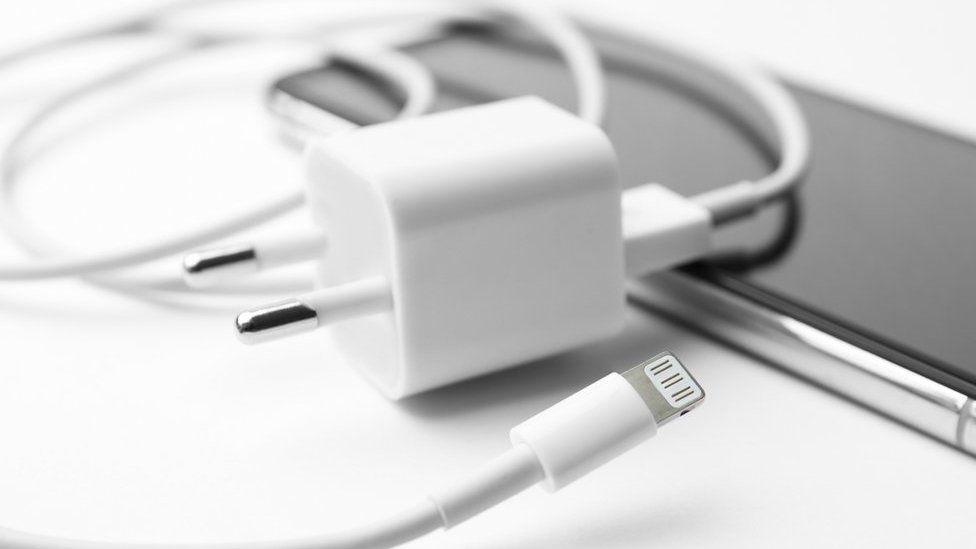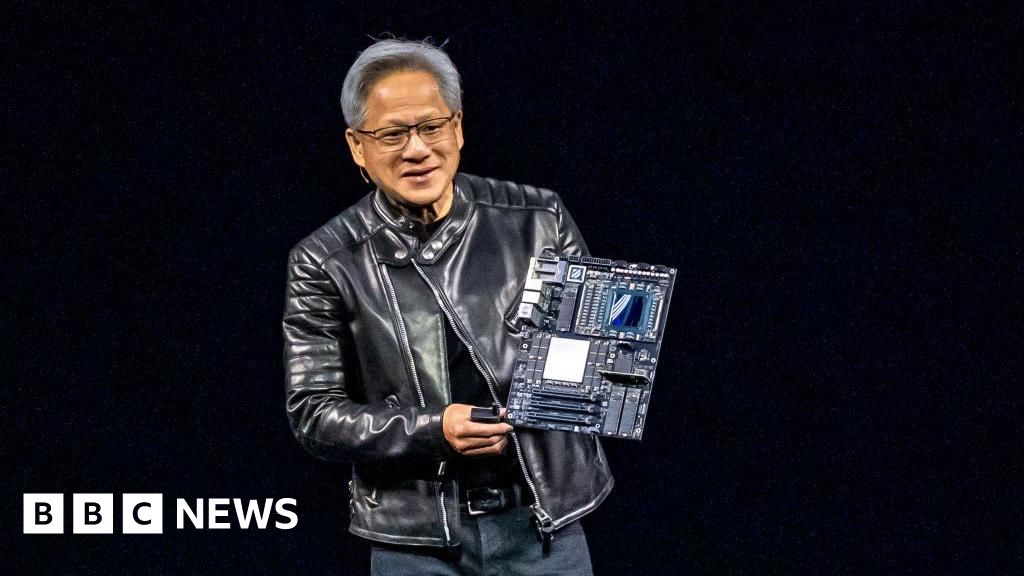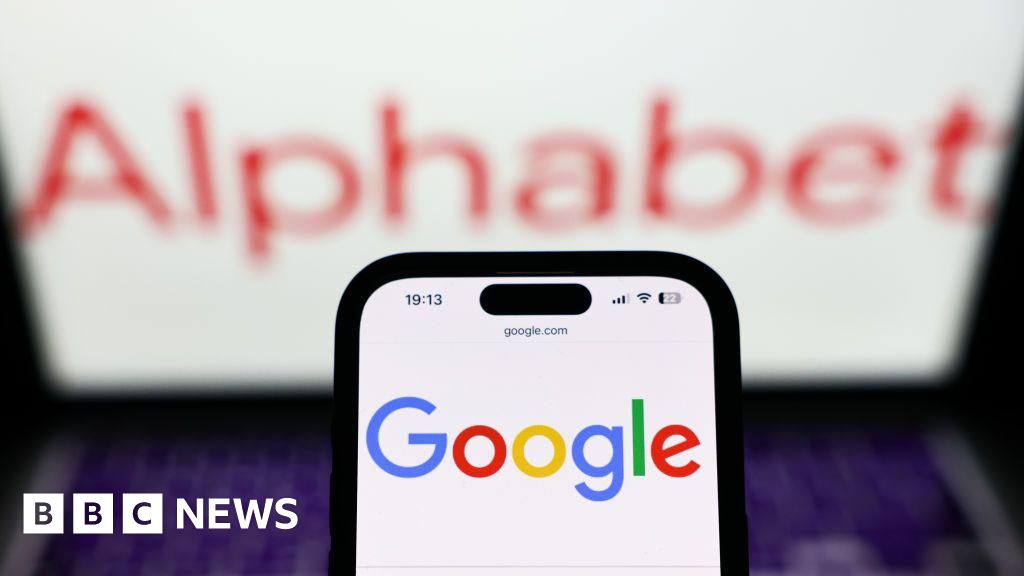ARTICLE AD BOX
 Image source, Getty Images
Image source, Getty Images
Brazil says it is banning the sale of iPhones which do not include a power adapter.
In a statement on Tuesday, Brazil's Ministry of Justice and Public Security said it has fined Apple 12.275 million reais (£2.04m).
Brazilian consumer agency Senacon said Apple's decision not to include power adapters with new iPhones discriminates against consumers by selling an "incomplete product".
Apple will appeal against the ban.
The company told Reuters in a statement it would work with Brazilian authorities to "resolve their concerns," but added it has previously won several court rulings in Brazil on the issue.
"We are confident that our customers are aware of the various options for charging and connecting their devices," Apple said.
The fine and ban on sales of iPhones without USB power adapters was announced a day before Apple showcased its new iPhone 14, 14 Pro and Apple Watch Ultra.
São Paulo's consumer protection agency fined Apple £2m last year, saying the sale of iPhone 12 and every model since then, violates consumer law because they don't come with chargers.
Pulling the plug
Apple stopped including power adapters and headphones in iPhone boxes with the launch of iPhone 12 in 2020.
It said the move, which came after first ditching power adapters from new Apple Watch boxes, would help reduce Apple's carbon footprint, by making packaging smaller.
"Sometimes it's not what we make, but what we don't make that counts," said Lisa Jackson, Apple's vice-president of environment, policy and social initiatives, at Apple's 2020 September keynote.
She added there were already more than two billion official Apple power adapters out in the world.
Senacon, which launched its case against the move last year, said Apple's arguments for removing USB power adapters from iPhone boxes on sustainability grounds were "not enough".
It said there was no evidence that removing chargers had environmental benefits.
According to Brazil's Justice Ministry, Senacon said the company could have considered alternatives to reducing its environmental impact that would not place the burden on consumers - such as adopting USB-C cables and chargers to reduce e-waste.
The European Union provisionally agreed on plans to enforce a common USB-C charging cable for portable electronic devices earlier this year.
Image source, Getty Images
Image caption,Apple has been criticised for exclusive charging products like the iPhone lightning cable
'Incomplete product'
Senacon also said the sale of new iPhones without power adapters was an example of Apple effectively forcing consumers to buy a second product after purchasing a new iPhone.
It said a power adapter should form part of the product because it is required to operate the phone and is an "incomplete product" without it.
The organisation added the move has transferred responsibility to third-party providers, as well as consumers, because iPhones without power adapters have not fallen in price.
Apple has been approached for comment.

 2 years ago
41
2 years ago
41








 English (US) ·
English (US) ·